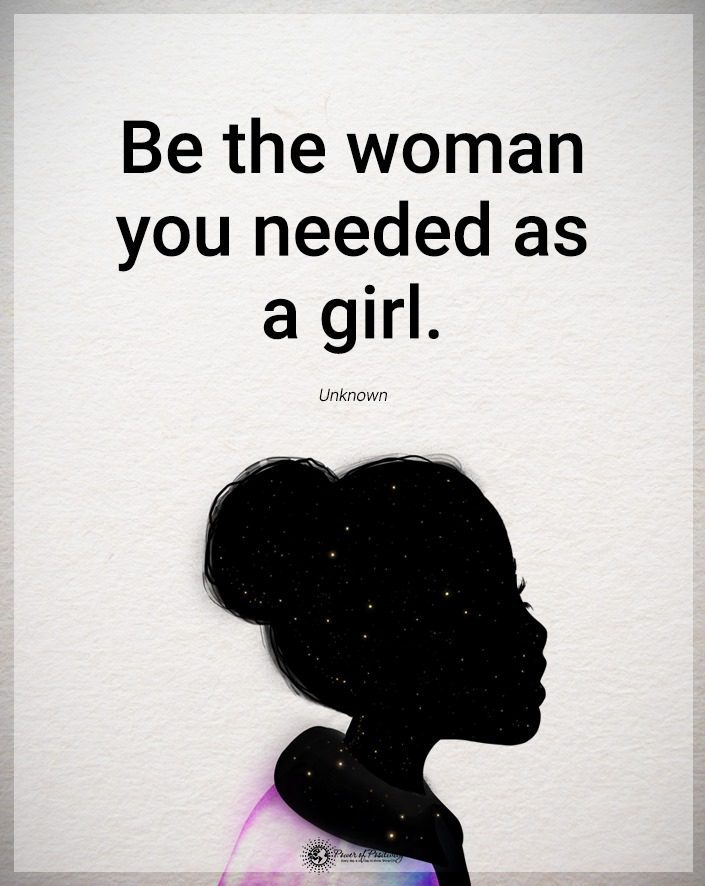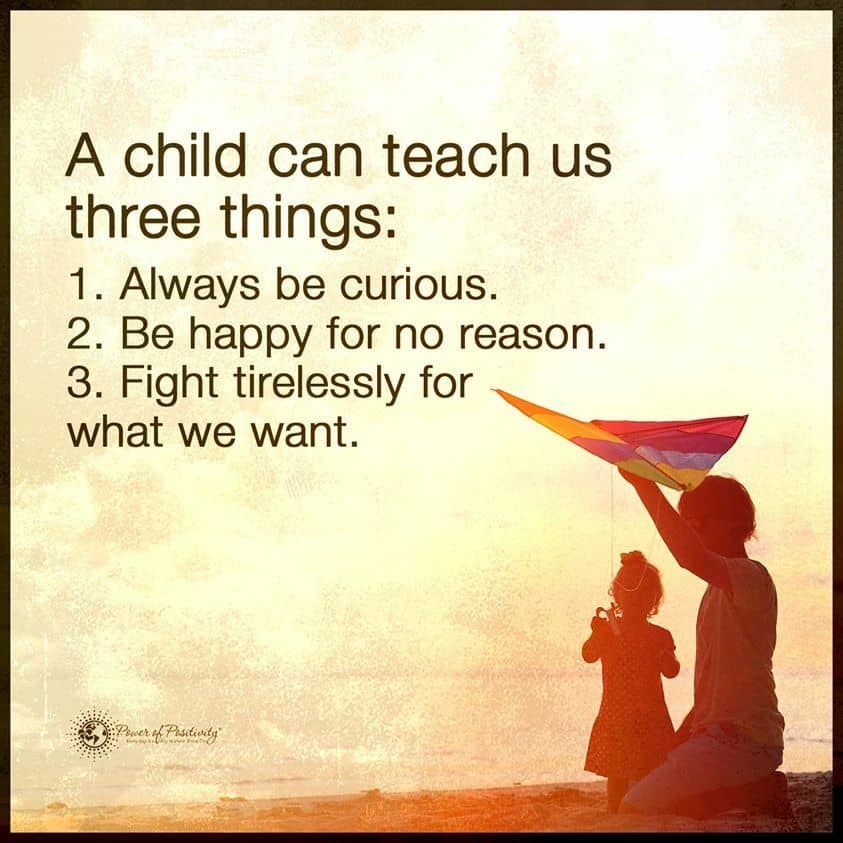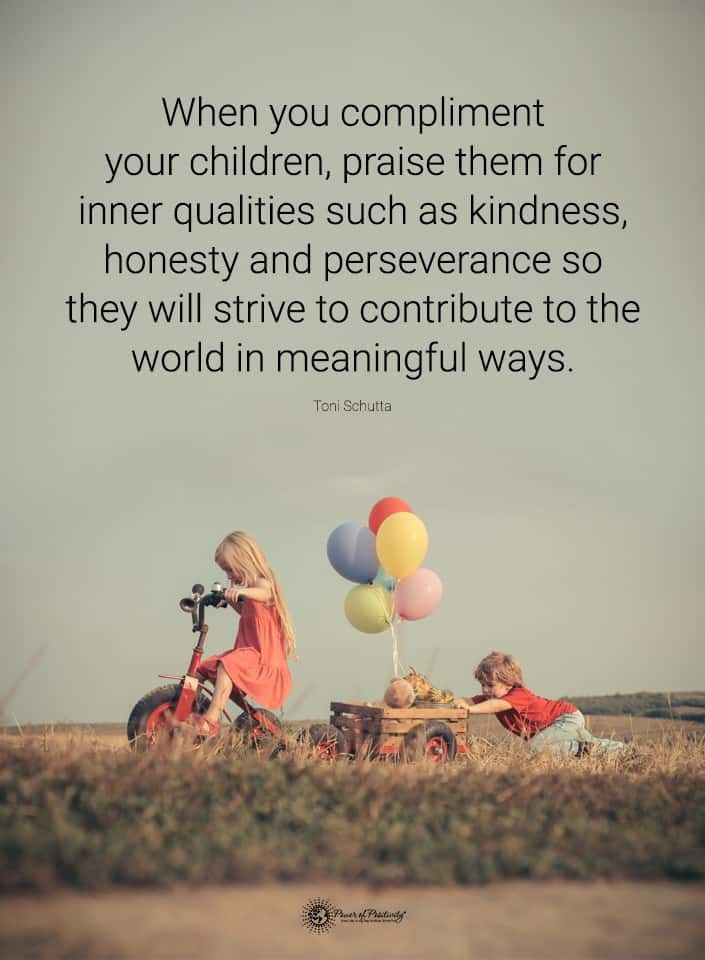Kids say the funniest things, often to the bewilderment of their parents. But these phrases might indicate that your child is feeling anxious over something.
Children go through anxiety just like most teenagers and adults do, with the only difference being communicating it. As such, a parent or guardian must learn some of the most apparent calls for help. These are the things that kids say when they’re going through anxiety, and knowing them would do you a world of good.
10 Things Kids Say, Suggesting They Might Feel Anxious
Knowing the things kids say when they struggle with anxiety can help you calm their minds.
1 – “I’m sleepy.”
This is one of the most common things said by adults after a long day’s work. However, do such adults ever stop and ponder whether their toddler is feeling the same way? Children have it just as hard as adults, as they go through incredibly stressful days, as well as some unique challenges.
That’s why you should always be at attention, as you don’t know when your child might need a helping hand.
“I’m tired” could be seen as a way for kids who ask a caregiver to through a rough patch together. Knowing this phrase could give you a better perspective as to what your little one is going through.
2 – “My head hurts.”
Many parents don’t give children the credit they deserve. Children are super bright, curious, and can do almost anything to get out of a sticky situation. One of their go-to ways is to complain about headaches.
As a parent or guardian, you should not accuse your child of laziness. Instead, pull him or her aside and ask what the problem is.
That way, you’ll build a lasting sense of trust and closeness with your little one. You could either be the parent that adds to the headache, or you could be the one that soothes it and makes everything better. We strongly advise that you pick the latter, as that would lead to a fantastic and communicative future.
3 – “What is wrong with me?”
A simple question, a cry for help, a call to action, or simply a means to get a bear hug.
One thing for sure, when a toddler asks you, “What’s wrong with me?” it’s clear that something’s bothering him or her.
That’s not the time for you to act like a tough parent. Instead, it’s time for you to probe further and show the child that there’s absolutely nothing wrong with him or her. You could do this being uttering words of solidarity and affirmation. You could also do this by walking the walk, rather than talking the talk.
Either way, your toddler will see that he or she has a friend that’s worth keeping and communicating with.
4 – “Can we please stay home?”
There’s nothing that beats home for children because there’s hardly a place you can go to where there’s so much love and care. That’s why it’s not out of the ordinary to see toddlers burst into tears when it’s time to go out.
It’s not that the toddler is antisocial. Indeed, it might be simply because he or she rather be in their comfort zone. It’s now up to you to show your child you understand the things kids say when they need your help. Then, reassure them that there is nothing scary about going out. And before you know it, it’ll be the child asking you when he or she can head out to play rather than stay indoors.
5 – “Is it time to go home yet?”
When getting worked up about your toddler’s desire to escape a crowd of two or more people, you must take a trip back memory lane.
Today you might be the most social person around. But remember back to a time when you were incredibly uncomfortable in a crowd. Your little one is merely a child, so this extra social interaction might take some getting used to.
So take it easy when they hit you with the “Is it time to leave yet?” because maybe it’s time to leave the gathering. Moreover, there are no laid down rules that say that your child has to feel comfortable around your friends. It’s the same way that you can’t stand some of your in-laws and their shenanigans.
So you should give the little one a break now and then; he or she will come around if it’s meant to be.
6 – “Do it yourself.”
The fear of making the wrong move, the fear of disappointing mummy and daddy, the constant desire to be perfect. That’s just some of the reasons why a child could be pretty reluctant to carry out a task when adults are nearby.
They know that you’re older and most likely wiser than them, so they don’t want to fluff the lines. At this point, there’s no need to criticize the child or be disappointed. You have to show the anxious child that there’s no big deal in performing the task.
A child telling you to do it by yourself isn’t the child being rude. Instead, it’s just his or her way of subtly showing anxiety. Take it into your stride, and calmly show the child how to perform the task. As one day, the roles would be reversed.
7 – “I want to go home.”
This one is pretty self-explanatory, as we’ve all been there and seen the look on a toddler’s face when he or she utters these five demanding words. If not, you better get used to it because children aren’t the most tolerant people. They won’t hesitate to cut short an awkward meeting, and playing around with their toys at home seem to be a better proposition.
The saying, “I want to go home,” shouldn’t make you mad. Instead, call the child aside, hear his or her perspective, and make a prudent decision. Sometimes follow the child’s wishes, excuse yourself from the gathering and take the child home. Other times show the child that there are sometimes that he or she won’t get their wish. That way, you’ll give the child excellent training and calm any nerves that the child harbored initially.
8 – “You cannot make me.”
All you have to do is take a look into their eyes when they say this, and it’ll melt your heart, making you think twice about what you planned to do. Children might be impressionable, but they occasionally have minds of their own. It’s the hallmark of a great parent, guardian, it friend to hear out their little one.
“Don’t make me” means don’t make me, and you might have a crying child in your hands if you do otherwise without a convincing reason. So it’s better that you consider all the options before making a decision. Plus, there’s nothing to worry about if you make the wrong decision at the initial stages. As eventually, you’ll find a way to balance it all, and the anxiety would be a thing of the past.
9 – “My tummy hurts.”
It might be the shrimp, it might be something that you said, or it might be the burning desire to skip school. One thing’s for sure, children have moments when their stomachs hurt, and they aren’t good at hiding it. When a child tells you that his or her stomach hurts, it’s better that you ask a few friendly questions.
That way, you’ll ease the anxiety if that’s the problem. But if that doesn’t work out. It’s probably best advisable that you see a medical doctor at the earliest opportunity. Plus, this isn’t the right time to make light of the situation; a toddler might be distressed as it is!
10 – “Can you turn the nightlight on for me?”
Lately, children watch so much media that exposes them to things that can frighten them or cause anxiety. They aren’t so comfortable when being left alone, and the least you can do is turn on the nightlight.
You could either do that or tuck them in before you make your way to your bedroom. This is just a thing kids say to alert you. And before long, they’ll conquer the fear and laugh about the good old spooky days. However, during that time, it’ll be a masterstroke to master the art of leaving on the nightlight.
If not, you might end up with a super sleepy child on every single school day.
Final Thoughts on the Things Kids Say That Indicate Anxiety
Children are simply adorable, and they have the cutest ways of communicating with the people they trust the most. One of the ways that you’ll be able to build up trust is by listening very carefully to them. Once you hear any of the above statements, you will recognize the signals and see that it’s time to swing into action.
It’s always best to keep the lines of communication open as a parent. That way, you’ll be able to gain your child’s trust. Anxiety is natural, and we all went through the motions when we were in their shoes. The least that we can do is be compassionate, fair, and indelibly perceptive to their kiddie problems.
















 Community
Community

